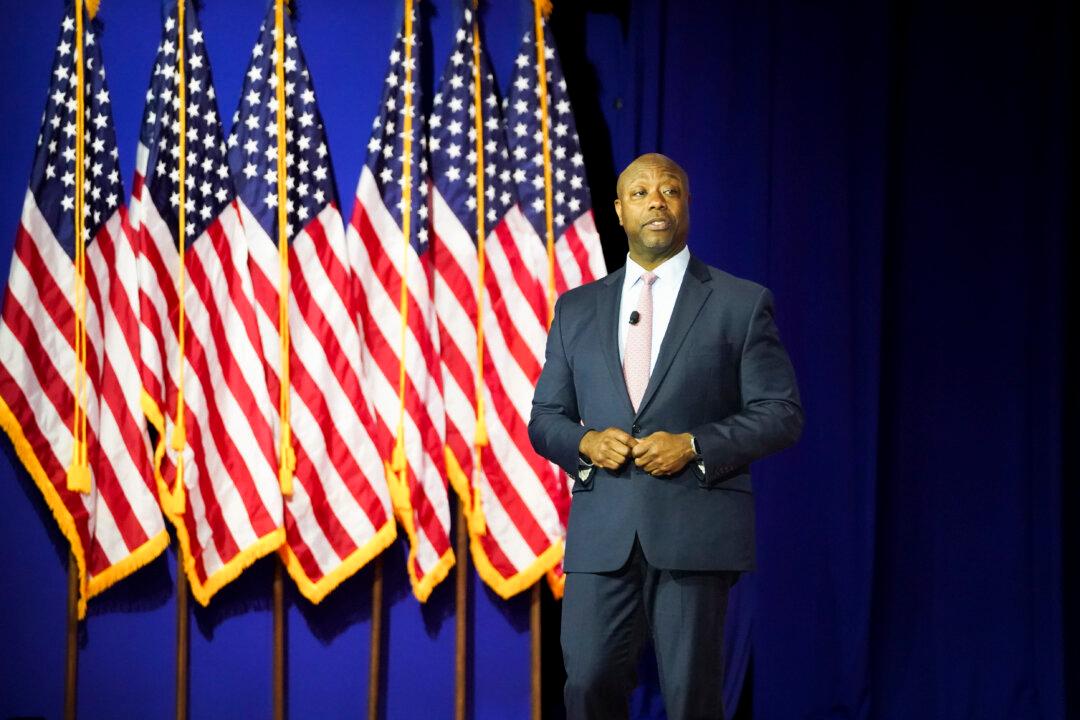Senate lawmakers on Oct. 17 introduced legislation that would prevent the transfer of $6 billion in Iranian assets that were recently unblocked by the Biden administration as part of a prisoner exchange deal.
The measure, known as the “Revoke Iranian Funding Act,” was introduced by Sen. Tim Scott (R-S.C.), ranking member of the Senate Committee on Banking, Housing, and Urban Affairs, along with more than 20 Republican and Independent lawmakers.




